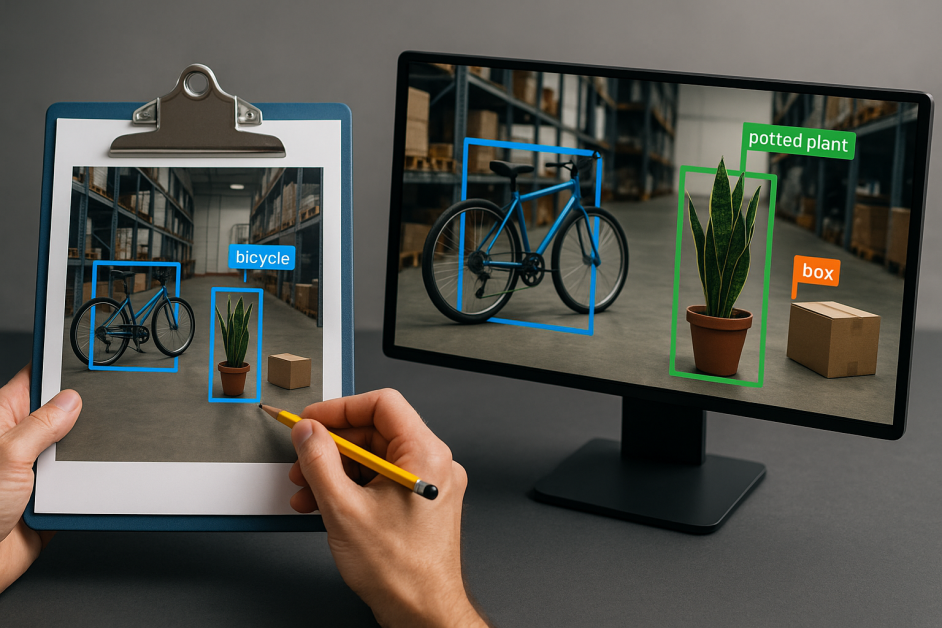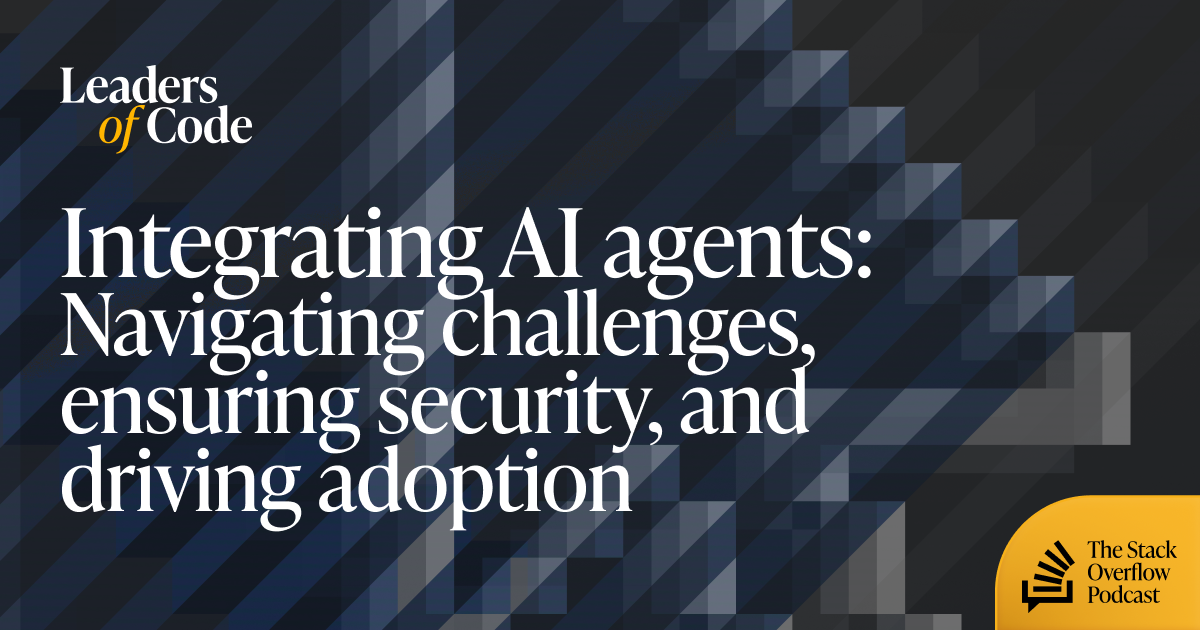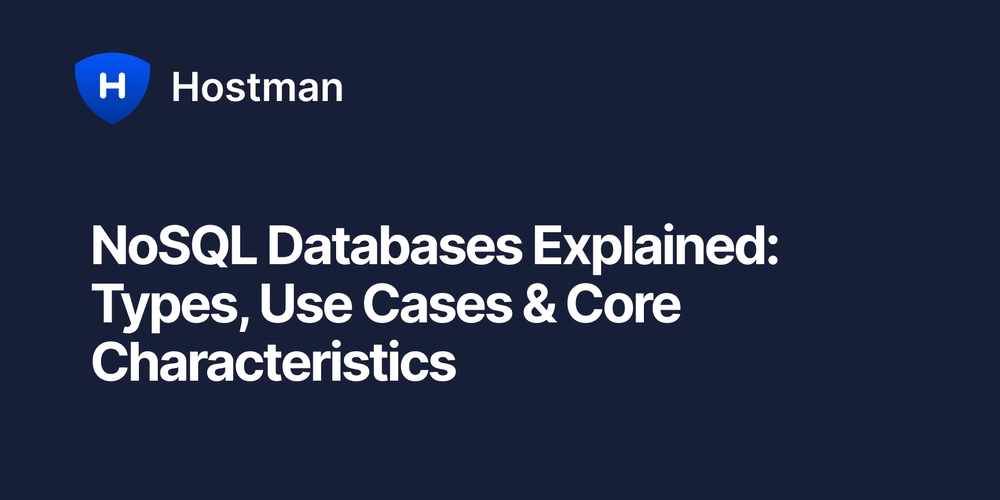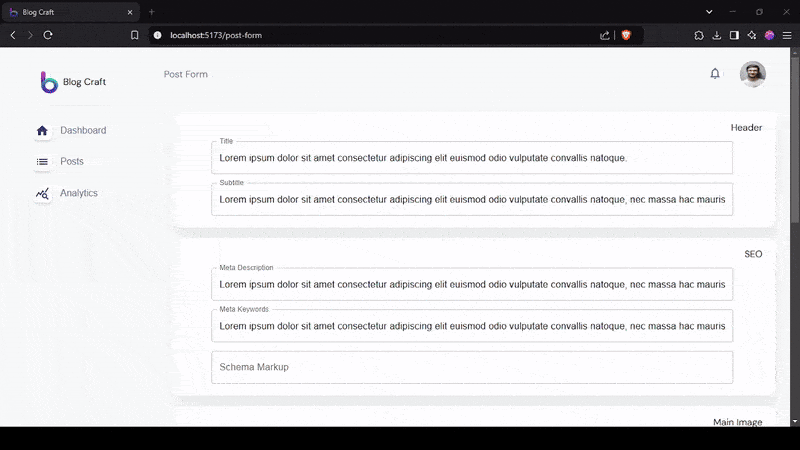Hire Data Scientists & DevOps Engineers – Why Both Matter
Discover why businesses should hire data scientists alongside DevOps engineers in 2025. Learn how this powerful combination accelerates deployment, improves model reliability, and creates competitive advantages through seamless data-driven operations.

The Strategic Imperative to Hire Data Scientists and DevOps Professionals
Modern businesses face unprecedented data challenges that require both analytical expertise and operational excellence. When organizations hire data scientists without considering their DevOps infrastructure, they often struggle to translate insights into actionable business value. The most successful companies recognize that data science and DevOps represent two sides of the same coin – one generates insights while the other ensures those insights reach production efficiently and reliably.
Recent industry surveys show that teams with balanced data science and DevOps capabilities report 40% faster project deployment times compared to teams lacking this synergy. This performance gap highlights why forward-thinking organizations prioritize both skill sets when building their technical teams.
The Evolution of Data-Driven Operations
The traditional approach of hiring data scientists in isolation has proven insufficient for today's competitive landscape. Companies that hire data scientists alongside DevOps engineers create environments where insights can quickly transform into market advantages. This collaboration eliminates the common bottleneck where brilliant data models remain trapped in development environments, never reaching the customers who could benefit from them.
Why Hire Data Scientists and DevOps Engineers Together?
Hiring data scientists and DevOps engineers together creates exponential value because:
- Data scientists build predictive models and extract insights from complex datasets
- DevOps engineers ensure these models deploy reliably and scale efficiently
- Together, they reduce time-to-market for data-driven features by up to 40%
- The combination prevents technical debt and ensures sustainable growth
- Collaboration enables real-time monitoring and continuous improvement of AI systems
Understanding the Complementary Skill Sets
When you hire data scientists, you gain professionals who excel at pattern recognition, statistical modeling, and extracting meaningful insights from raw data. These experts understand machine learning algorithms, statistical inference, and data visualization techniques that transform complex information into business intelligence.
DevOps engineers bring a different but equally valuable perspective. They focus on automation, infrastructure reliability, continuous integration, and deployment pipelines. Their expertise ensures that applications scale smoothly, remain secure, and deliver consistent user experiences even under high demand.
Where Data Science Meets Operations Excellence
The intersection of data science and DevOps creates what industry experts call MLOps – the practice of applying DevOps principles to machine learning workflows. When companies hire data scientists and pair them with skilled DevOps professionals, they establish systematic approaches to model deployment, monitoring, and maintenance that ensure long-term success.
The Business Case for Dual Hiring Strategies
Organizations that hire data scientists without considering their operational needs often encounter significant challenges. Models developed in isolated environments frequently fail when exposed to real-world data patterns, traffic volumes, or integration requirements. This disconnect can delay product launches, increase costs, and reduce the return on investment for data science initiatives.
Gartner predicts that by 2025, 95% of new digital workloads will be deployed on cloud-native platforms, further driving the need for DevOps expertise. This trend emphasizes why businesses must think holistically about their technical hiring strategies.
Avoiding Common Implementation Pitfalls
Many companies make the mistake of assuming that talented data scientists can handle their own deployment and infrastructure challenges. However, the skills required for statistical modeling differ significantly from those needed for container orchestration, CI/CD pipeline management, and production monitoring. When you hire data scientists alongside DevOps specialists, you create teams with complementary strengths that address these distinct requirements.
Building High-Performance Data Teams
Successful data teams require both analytical and operational expertise. When organizations hire data scientists, they should simultaneously evaluate their DevOps capabilities to ensure seamless collaboration. This approach prevents the common scenario where brilliant insights remain stuck in development environments due to deployment challenges.
Creating Synergistic Workflows
The most effective teams establish workflows where data scientists can focus on model development while DevOps engineers handle infrastructure concerns. This division of labor allows each professional to work within their area of expertise while maintaining clear communication channels and shared objectives.
Modern development practices emphasize automation and continuous integration. When you hire data scientists who understand these principles and DevOps engineers familiar with data workflows, you create environments where experimentation and production deployment happen smoothly and safely.
Essential Skills for Modern Data-Driven Organizations
Today's competitive landscape requires teams that can move quickly from hypothesis to production. Organizations that hire data scientists should look for candidates comfortable with version control, containerization, and basic DevOps concepts. Similarly, DevOps engineers in data-driven organizations benefit from understanding machine learning pipelines and data processing requirements.
Technical Competencies That Matter
Data scientists in 2025 need skills beyond traditional statistics and programming. The most valuable candidates understand Docker, Git workflows, and cloud platforms. They can work with data engineers and DevOps professionals to ensure their models integrate smoothly with existing systems.
DevOps engineers supporting data science teams require familiarity with ML frameworks, data storage solutions, and the unique scaling challenges of algorithmic workloads. They understand that data processing often requires different resource allocation patterns than traditional web applications.
Platform Integration and Tool Selection
When you hire data scientists and DevOps engineers, tool compatibility becomes crucial. Teams need integrated platforms that support both data exploration and production deployment. Popular solutions include cloud-based ML platforms, containerized notebook environments, and automated pipeline management tools.
Streamlining Development to Production Workflows
The best data teams use platforms that allow seamless transitions from research to production. When organizations hire data scientists, they should evaluate how these professionals will collaborate with DevOps teams using shared tools and standardized processes. This approach reduces friction and accelerates time-to-market for data-driven features.
Performance Monitoring and Continuous Improvement
Data science models require ongoing monitoring and maintenance that differs from traditional software applications. When companies hire data scientists alongside DevOps professionals, they can implement comprehensive monitoring strategies that track both technical performance and business metrics.
Establishing Feedback Loops
Successful data teams create feedback mechanisms that inform both model improvements and infrastructure optimizations. DevOps engineers provide insights into system performance patterns, while data scientists contribute understanding of model behavior and accuracy trends. This collaboration enables continuous refinement and prevents degradation over time.
Scaling Considerations for Growing Organizations
As businesses expand their data capabilities, the relationship between data science and DevOps becomes increasingly important. Organizations that hire data scientists should plan for scaling both their analytical capabilities and their supporting infrastructure simultaneously.
Future-Proofing Your Technical Team
DevOps combines tools, practices, and a mindset to simplify processes and improve results. In simple terms, it bridges the gap between developers (who write code) and operations teams (who manage software in real-world environments). This bridging function becomes even more critical when applied to data science workflows.
Companies should hire data scientists with growth mindsets who can adapt to evolving technologies while working effectively with DevOps professionals who understand scaling challenges and infrastructure requirements.
Cost-Effective Hiring Strategies
While hiring both data scientists and DevOps engineers requires significant investment, the long-term benefits justify the costs. Organizations that attempt to save money by hiring only one type of professional often encounter expensive delays and technical debt that exceed the cost of proper staffing.
Maximizing Return on Investment
When you hire data scientists and DevOps engineers strategically, you create teams that deliver value faster and more reliably. This approach reduces the risk of failed projects and ensures that data science investments generate measurable business outcomes.
Building Collaborative Culture
Success depends not only on hiring the right professionals but also on fostering collaboration between data science and DevOps teams. Organizations should establish clear communication channels, shared objectives, and mutual understanding of each team's contributions to overall success.
When companies hire data scientists and DevOps engineers, they should invest in team-building activities and cross-training opportunities that help these professionals understand each other's workflows and challenges. This cultural investment pays dividends in improved collaboration and project outcomes.
The combination of data science expertise and DevOps reliability creates competitive advantages that individual skill sets cannot achieve alone. Organizations that embrace this integrated approach position themselves for success in an increasingly data-driven marketplace where speed and reliability determine market leadership.






















































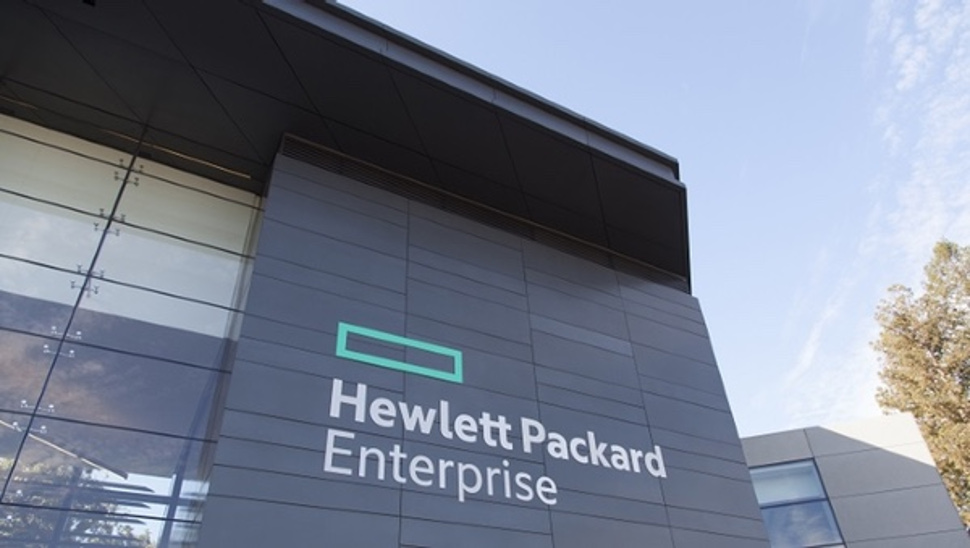

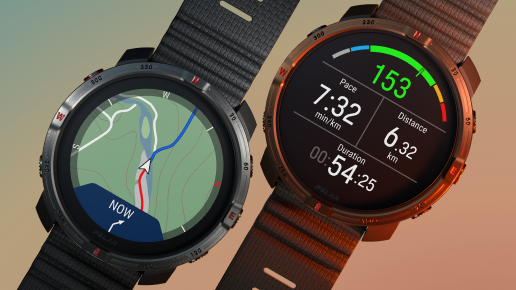











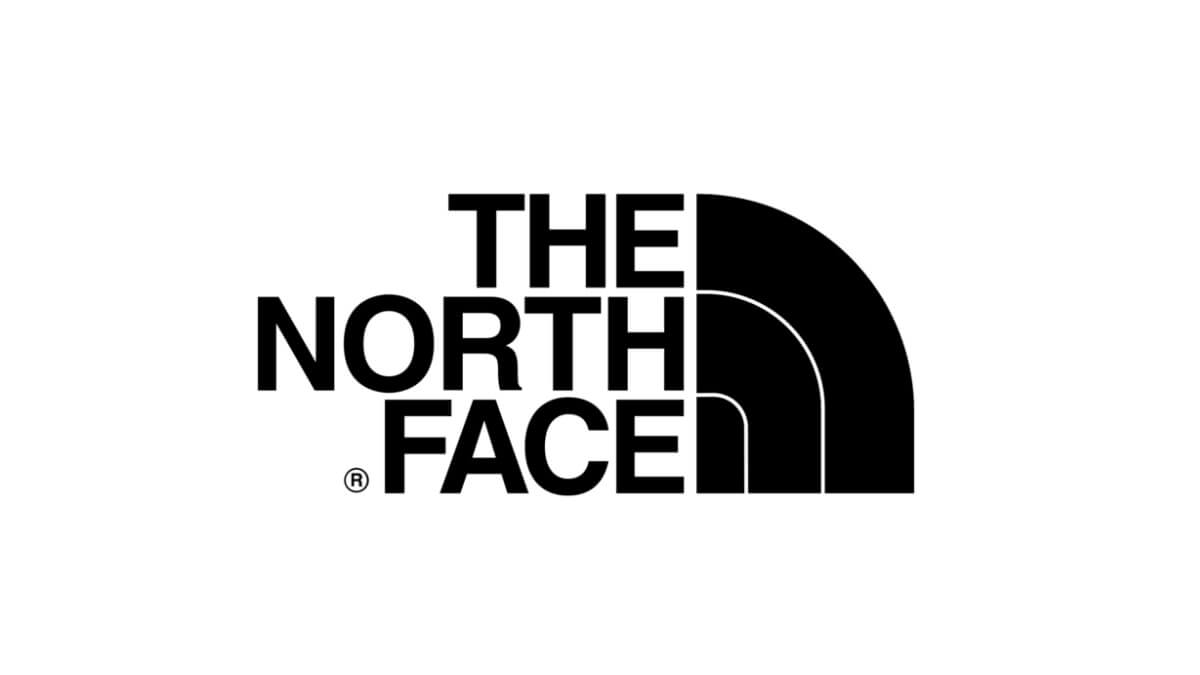




















![Samsung teases Galaxy Z Fold 7 with an absolutely bizarre ‘Ultra experience’ [Video]](https://i0.wp.com/9to5google.com/wp-content/uploads/sites/4/2025/06/galaxy-z-fold-7-teaser-1.jpg?resize=1200%2C628&quality=82&strip=all&ssl=1)

















































































































































































































![[The AI Show Episode 151]: Anthropic CEO: AI Will Destroy 50% of Entry-Level Jobs, Veo 3’s Scary Lifelike Videos, Meta Aims to Fully Automate Ads & Perplexity’s Burning Cash](https://www.marketingaiinstitute.com/hubfs/ep%20151%20cover.png)






























































































